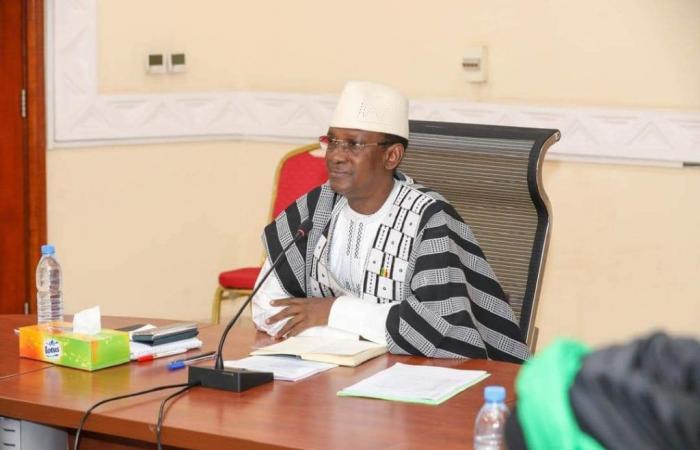In Mali, it has been revealed that more than 264,000 people have been affected by floods, collapses and other disasters linked to climate change.
The Interministerial Committee for Crisis and Disaster Management met at the beginning of the week under the chairmanship of Malian Prime Minister, Choguel Kokalla Maïga, to take stock of the alarming situation of natural disasters which are hitting the country hard at the moment. During the meeting, it was revealed that more than 264,000 people have been affected by floods, collapses and other extreme weather events across the country.
The Minister of Security and Civil Protection, Brigadier General Daoud Aly Mohammedine presented a complete report covering the period from October 1 to 7, 2024, reporting seven floods in the regions of Mopti, Koulikoro and the District of Bamako as well as seven collapses in the capital. He also confirmed the tragic loss of human life in Mopti.
The global wintering report shows impressive numbers. 656 cases of flooding, 8 lightning strikes, 6 episodes of violent winds and 37,099 collapses occurred throughout Mali. These disasters affected 47,955 households, representing a total of 264,648 people affected, including 73,140 women and 117,626 children, with a human toll of 77 deaths and 148 injured.
The Minister of National Education, Amadou Sy Savané also painted a worrying picture of the impact on educational infrastructure. To date, 128 schools are being used as temporary shelters for disaster victims, 167 establishments have been flooded and 256 have partially or completely collapsed. These data concern the 26 teaching academies in Mali and show the extent of the challenges facing the education sector as the start of the school year approaches.
Despite these obstacles, the Ministry of Education is actively working to put in place temporary solutions, including the rapid rehabilitation of infrastructure and the creation of temporary spaces, to guarantee the resumption of classes on schedule. On this subject, it should be noted that initially scheduled for October 1, the start of the school year has been postponed until November 4 in the hope that the situation will improve by then.
Towards a coordinated and decentralized response
The Prime Minister, Choguel Kokalla Maïga, closed the meeting by emphasizing the need for reinforced coordination between ministries and services to anticipate risks and protect populations. He ordered that follow-up meetings now take place every week and called for the creation of local committees for more effective management of emergency responses.
« It is essential that we put in place a synergy of action within all our institutions to anticipate crises and ensure the security of our citizens. “, he said, emphasizing the government’s commitment to adopting a proactive approach to natural disasters in the spirit of national solidarity.
MD/ac/Sf/APA






